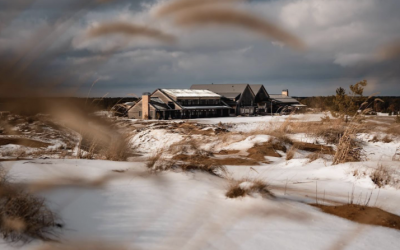Written by Jay Hazen, D.D.S.
Oral Cancer. Those two words put together can scare anyone. Cancer of the mouth can appear as a sore or growth that does not go away. This type of cancer includes cancers of the lips, tongue, floor of the mouth, cheeks, and throat. If not diagnosed and treated early, it can kill you!
The most common signs of oral cancer include:
- areas of raised tissue that look rough or like an open wound anywhere in the mouth or throat
- white, red or spotted patches in the mouth
- numbness or pain about the face or neck, with open sores in mouth or throat
- sores that do not heal within a two-week period
- hoarseness or chronic sore throat
- a sudden change in how your teeth fit together
If you notice any of the above symptoms, see your dentist or doctor.
The American Cancer Society says that men are twice as likely to get oral cancer than women, and men over the age of 50 are the most commonly diagnosed. Over 40,000 people were diagnosed with oral cancer last year. Risk factors include:
- tobacco users which includes smoking and smokeless
- excessive alchohol consumption
- family history of cancer
- excessive sun exposure
- having Human Papillomavirus (HPV).
Oral cancer is treated much like other cancers are. Cancers are removed surgically and treatment may include radiation therapy. Getting regular dental exams can help lead to early detection of suspicious sores or lesions. Many dentists have scopes to help screen their patients for oral cancer
The good news is that early detection of oral cancer has over an 85% cure rate!
 The WCA Group Health Trust was created when county officials joined together to create an employee benefit program that would meet the unique needs of local governments. Today, their founding principles still remain at the core. WCA Group Health Trust is governed by officials from participating units of government and school districts, making the organization more responsive to local healthcare needs.
The WCA Group Health Trust was created when county officials joined together to create an employee benefit program that would meet the unique needs of local governments. Today, their founding principles still remain at the core. WCA Group Health Trust is governed by officials from participating units of government and school districts, making the organization more responsive to local healthcare needs.


